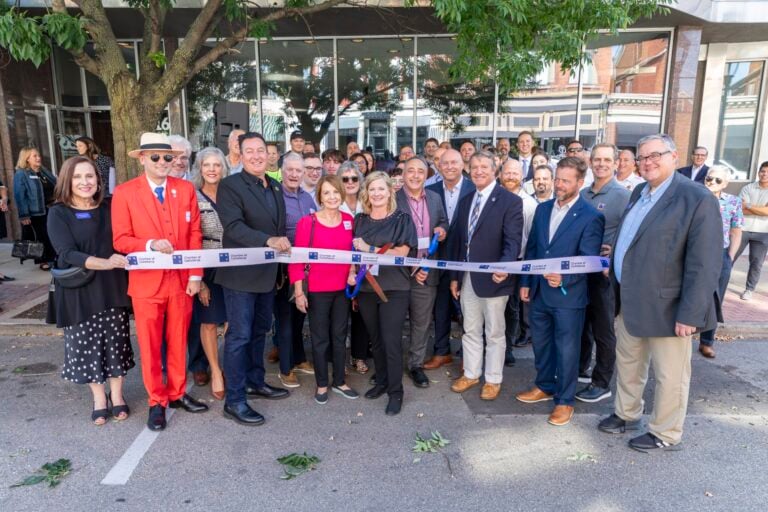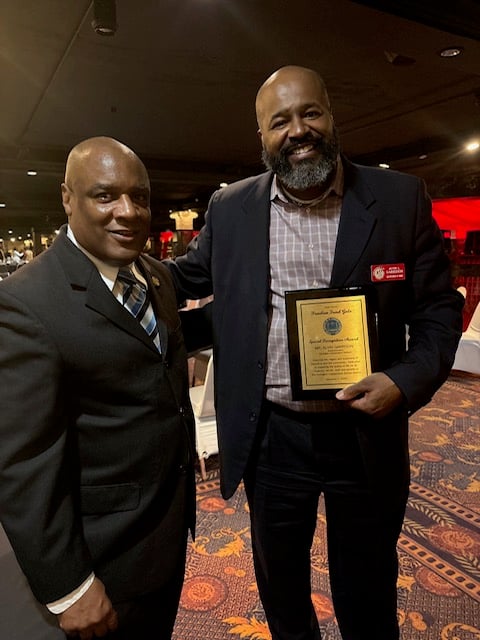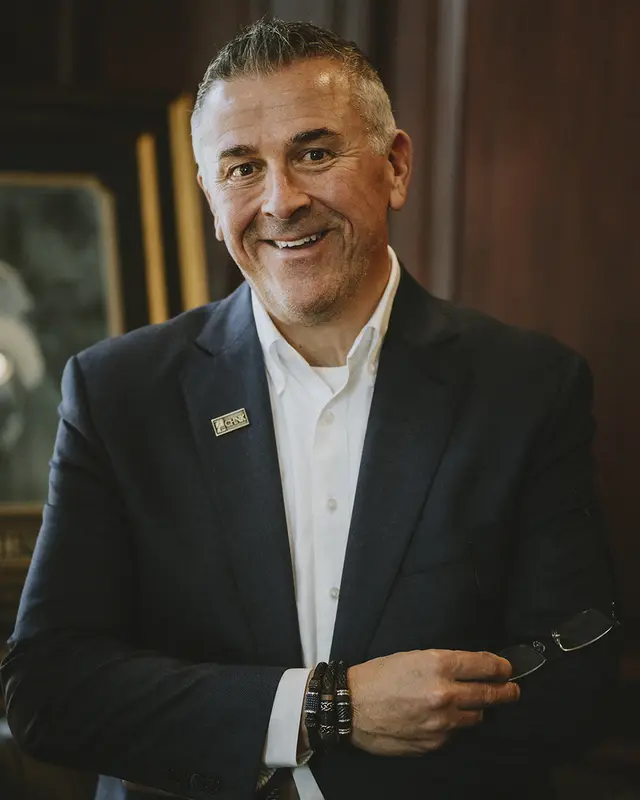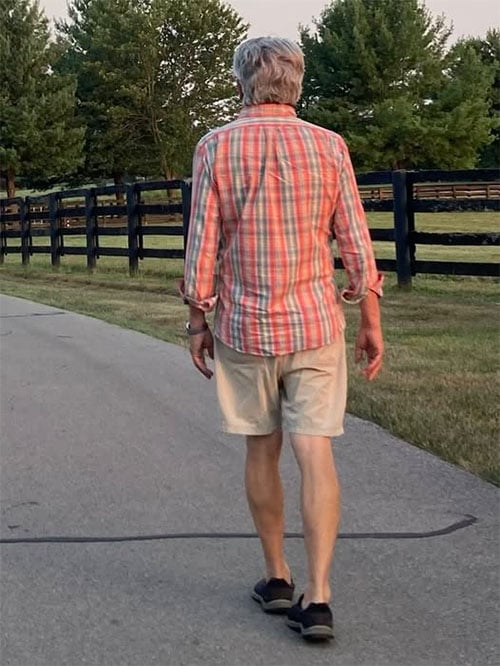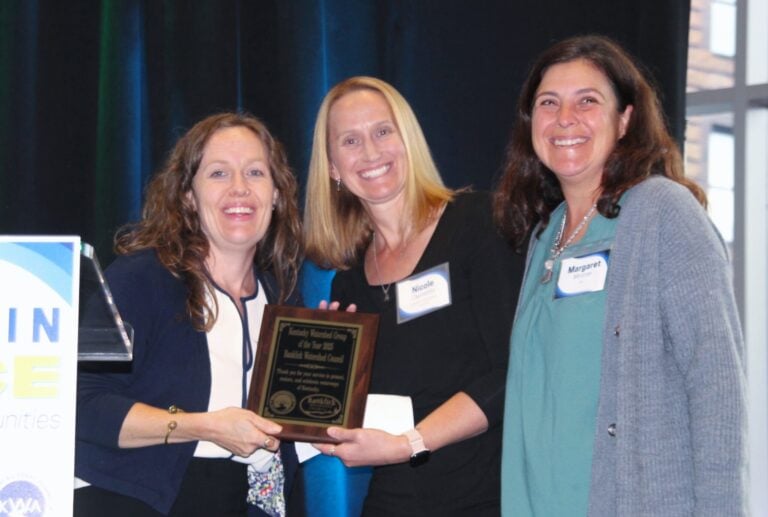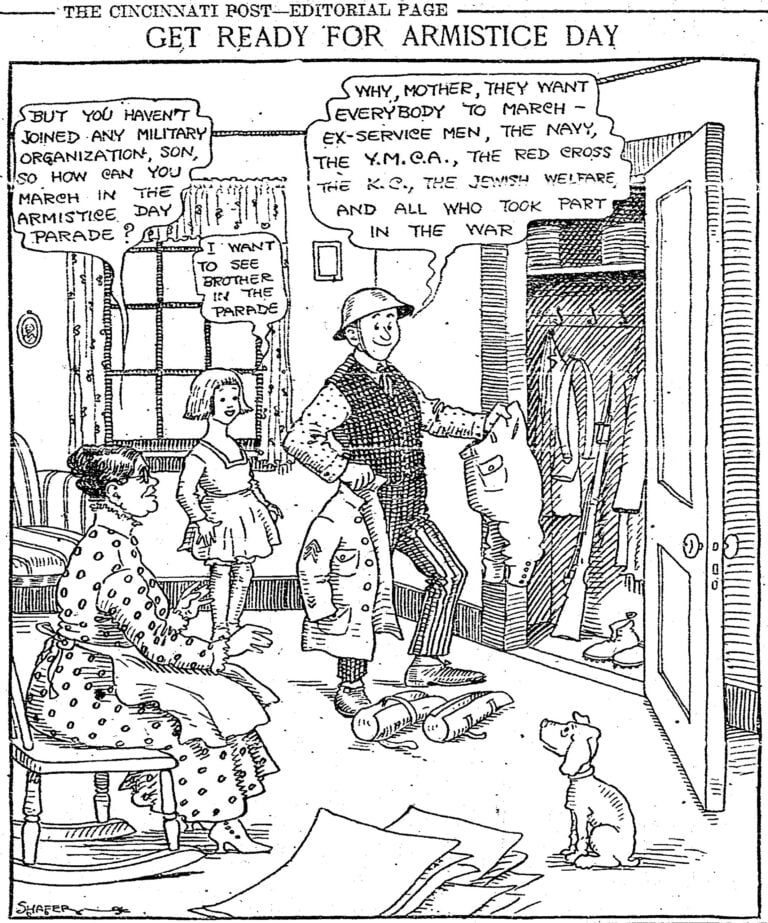September is National Suicide Prevention Month. This is my sixth September since I did something that changed my life: I got trained in a suicide prevention strategy.
The training I took is called QPR, which stands for question, persuade, and refer. It’s a program that teaches non-medical professionals how to help someone in a mental health crisis. Each September, my appreciation for intervention strategies like these and my gratitude for having this knowledge grows.
Some of my closest friends are around today because people in my community took QPR.
I was trained during my freshman year of high school, and now, as a junior in college, I can confidently say that I have seen the training save several lives. I even got trained as a QPR trainer because I saw the power of this program. My fellow trainers and I often describe the QPR as like CPR for mental health.

Question, persuade, and refer describe the three steps people can follow in a conversation with someone who may be thinking about taking their own life (which is more common than we like to believe; suicide is the second-leading cause of death in Kentucky, among people aged 10-34). QPR also teaches people to identify certain warning signs and ways to initiate necessary conversations.
At its most basic level – in my opinion – the training affirms each person’s ability to see and care for the people in their lives.
In that way, QPR emphasizes the power in human connection, which, as simple as it may sound, is the key to the entire approach.
Typically, getting certified in QPR costs money. However, now Kentuckians can take the training online for free. It only takes about 30 minutes. As you think about whether 30 minutes is worth it, I would encourage you to think about a time someone you loved said something that shook you to your core. In my case, I distinctly remember hearing my friend say she didn’t want to be around for “the next Friday.”
Those words made the world suddenly feel so large, and they made me feel too small.
For a moment, I felt useless, incapable of easing her pain. Of course, hearing a friend or family member say that they don’t want to be alive anymore will always be shocking. But here is the thing: because of QPR, I have felt empowered to intervene and share resources like 988 (National crisis hotline) and local counseling services. I know my friends who have taken the training have felt empowered too.
The conversations that QPR prepares you for are challenging and, at times, scary, but I can’t think of a more important time for us to put our own discomfort aside and step up for those we love.
There are many people who feel powerless when faced with such a daunting task. The myth that only mental health professionals are equipped to intervene in these crises is inaccurate and, frankly, damaging. QPR affirms that everyone is intrinsically capable of supporting their loved ones through the darkest of times.
QPR helped me feel safe enough to push past that fear and follow the steps I knew would help.
If you choose to take the training, QPR will provide you with an understanding, a plan, and the confidence to care for the people you love most.
This Suicide Prevention Month, I’m asking everyone I know to take this simple step in support of suicide prevention. And maybe by next September, you’ll look back and feel the way I do: incredibly grateful for the skills I gained.
The training has been made free for all Kentuckians by the Healthy Kentucky Initiative and can be accessed at ukhealthcare.com/qpr.
CC Rhein is a junior at the University of Kentucky











